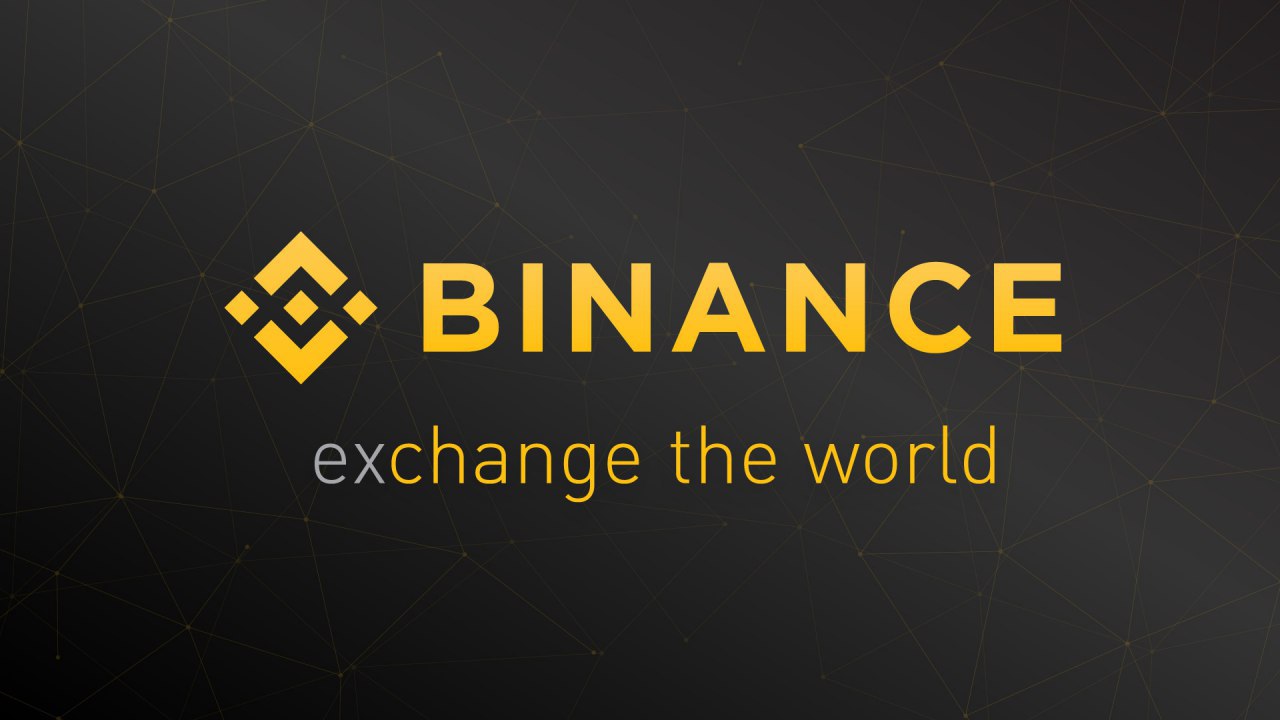
Nigerian Authorities Drop Tax Charges Against Binance Executives
Nigerian authorities have dropped tax evasion charges against Binance executives Tigran Gambaryan and Nadeem Anjarwalla, though the duo still face money laundering allegations. This development comes amidst a complex legal battle involving Binance and its leadership.
In February 2024, Nigerian authorities arrested Tigran Gambaryan, Binance’s Head of Financial Crimes Compliance, and Nadeem Anjarwalla, Regional Manager for Africa, on charges of tax evasion and money laundering. These charges were part of broader accusations against Binance, reflecting the country’s growing scrutiny of cryptocurrency operations.
On June 14, Nigeria’s Federal Inland Revenue Service (FIRS) announced the dismissal of the tax evasion charges against Gambaryan and Anjarwalla. This decision leaves Binance, represented locally, as the sole defendant in the tax case. A spokesperson for Binance expressed relief at the amended charges, stating, “Tigran is not a decision-maker at Binance and does not need to be held in order for Binance to resolve issues with the Nigerian government.”
The FIRS decision to drop the charges was seen by Binance as a positive step towards clarifying the roles and responsibilities within the company. “This goes to show that both Tigran and Nadeem are not decision-makers at Binance, and should never have been detained and charged,” a family spokesperson for Gambaryan stated.
Despite the relief from the tax charges, both Gambaryan and Anjarwalla remain embroiled in a money laundering case brought by Nigeria’s Economic and Financial Crimes Commission (EFCC). The next court hearings are scheduled for June 19 and 20, where an application for the enforcement of fundamental rights will be heard.
Binance continues to assert that Gambaryan’s detention is unnecessary and maintains that the charges against its executives are unfounded. “We await the court’s ruling on this, discharging Tigran from this matter completely,” the spokesperson added.
Gambaryan’s health has become a significant concern since his arrest. After collapsing in court on May 23 due to malaria, his condition has reportedly deteriorated further, now including pneumonia. Despite a court order from Justice Emeka Nwite mandating immediate hospital treatment, prison authorities delayed his medical care by 11 days and have withheld the results of his check-up from his family, lawyers, and the U.S. embassy.
The dire conditions of Gambaryan’s detention have prompted significant outcry from his family and supporters. His wife, Yuki Gambaryan, emphasized the urgency of his situation, stating, “We really need the U.S. government to intervene more forcefully for the immediate release of an innocent American citizen. This has gone on too long and Tigran’s life is at risk.”
The case has attracted considerable attention from U.S. lawmakers and former federal prosecutors. In early June, 16 members of Congress, including Michael McCaul, Chair of the Foreign Affairs Committee, wrote to President Biden and Secretary of State Antony Blinken, urging them to secure Gambaryan’s release. This was followed by a letter from 108 former federal prosecutors to the State Department, echoing calls for urgent intervention.
Binance CEO Richard Teng has also publicly criticized the Nigerian authorities’ handling of the case, alleging that Gambaryan’s detention is a tactic to exert pressure on Binance. He described Gambaryan as “an innocent, mid-level employee” being held in “a dangerous prison in order to control Binance.”
This legal battle is part of a series of challenges faced by Binance globally. Recently, Binance founder Changpeng Zhao was sentenced to four months in a U.S. prison on money laundering violations, and the company agreed to exit the U.S. market entirely.
Despite these challenges, Binance has continued to grow, boasting 200 million users and $100 billion in assets under custody as of 2024. This rapid expansion underscores the platform’s resilience and its significant role in the global cryptocurrency market.





